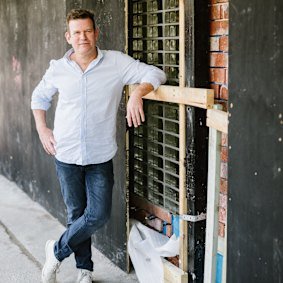Due to the lack of regulation, the wellbeing of young children may be at risk as some complete more than 15 hours of tuition and related homework a week in addition to 30 hours at school. For some this means that they are studying for over 45 hours a week, more than a full-time job for an adult.
Too much tutoring can prevent children getting adequate rest. Credit: iStockphoto
This has been a pronounced problem in countries like China and South Korea, which have enacted policies to reduce the number of hours children can spend in tutoring. For many children the added burden of tutoring means that their lives revolve solely around academic success, which is often narrowly defined around exam performance. Such extensive time engaged in tutoring outside of school prevents these students from getting adequate rest and engaging in other important extracurricular activities such as sport, art, music, and other hobbies that help them develop holistically.
A final area of concern is that the rapid growth and subsequent impact of private tutoring is entrenching inequality in the education of our children. This issue is particularly pronounced in NSW where there are numerous selective schools, not a feature in other states.
For example, the selective James Ruse Agricultural High School has a higher Index of Community Socio-Educational Advantage (ICSEA) than Barker College, where school fees are more than $40,000 per annum for high school students. In 2018, a massive 73 per cent of selective school students came from the highest quarter of socioeconomic advantage – that is unlikely to have changed. This suggests that selective schools are mostly made up of students who are already advantaged, demonstrating that selective schools may not be catering to the academically gifted, but to those who have access to the best tutors.
Moreover, the influence of tutoring is not contained to just the selective school examinations, its effect can be felt throughout the whole education system as the number of tutored students continues to rise. The inequity fed by the unregulated tutoring system is one we should urgently consider, and the scenes on Friday affirm this.
Without government-led regulation of out-of-school academic tutoring, we run the risk of compromising the quality of our education system and jeopardising the wellbeing of children in our state. Targeted regulation is needed to help level the playing field for students, so all have access to high-quality education.
Drs Katherin Cartwright, Bronwyn Reid O’Connor and Ben Zunica are education academics.
Get fascinating insights and explanations on the world’s most perplexing topics. Sign up for our weekly Explainer newsletter.
Read the full article here
















